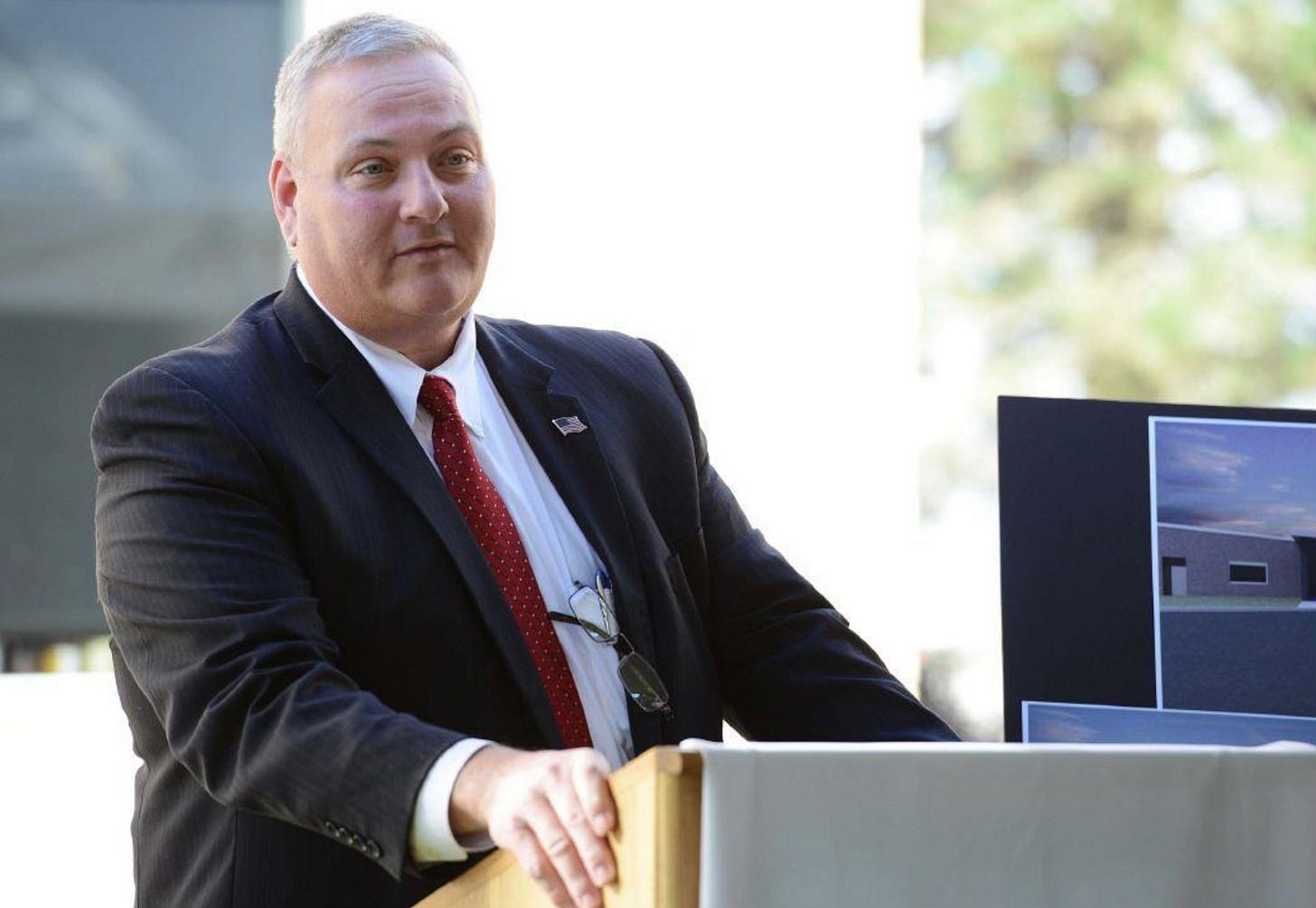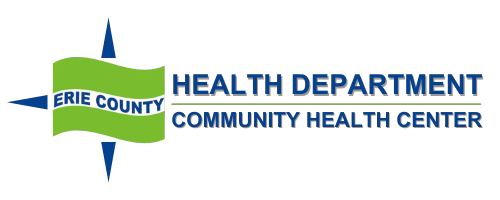Medicaid cuts hit most vulnerable hardest
'Big Beautiful Bill' could be 'devastating and compounding' for Erie County's at-risk population
SANDUSKY — Proposed federal Medicaid changes included in the so-called "Big Beautiful Bill" could have a devastating impact on local health services and the people who rely on them most, according to Erie County Health Commissioner Pete Schade.
"The Erie County Health Department is heavily weighted to provide care for our most vulnerable, at-risk patients," Schade said. "These individuals make up 52% of the patients we serve — and 68% of our total funding."
Schade said the bill, which is gaining traction in Congress, threatens to slash Medicaid reimbursements and impose new eligibility hurdles that would hit Federally Qualified Health Centers (FQHCs) particularly hard. The Erie County Health Department operates as an FQHC, offering integrated care to residents regardless of their ability to pay.
"The effect is devastating and compounding," Schade said. "People will lose quality of life years due to the elimination of dollars that currently support health services."
Making people uninsured
If enacted, the proposed changes could force patients to transition from Medicaid-covered services to non-paying status — increasing financial pressure on the department and endangering the sustainability of care delivery.
"We will still care for folks, but we won’t get any revenue," Schade said. "Every FQHC site is in jeopardy. It will be harder for Medicaid patients to get access."
He listed nearly every service line the department provides as vulnerable: oral healthcare, primary care, women’s health (including Title X services), mental health, crisis counseling, behavioral health addiction treatment, and school-based health centers.
Schade also expressed concern about provisions in the bill that would require Medicaid recipients to re-enroll every six months. "They are looking at ways to eliminate Medicaid by requiring sign-ups every six months — re-validation of need," he said. "That means more red tape, fewer covered patients, and more strain on local providers."
He defended the FQHC model as not only efficient and cost-effective, but also economically beneficial for the community.
"We provide the most affordable, quality care in an integrated fashion, allowing people the opportunity to flourish by being healthy. That equates to a better economy … right?"
Can we do better?
Schade's final message to policymakers was blunt.
"Politicians need to stop using healthcare as a punching bag," he said. "The money they claim would be saved would then create a domino effect of poorer health outcomes, disease outbreaks and higher costs in the long run."
The Big Beautiful Bill is expected to advance further in Congress this summer. Schade said his team continues to work closely with both the State Primary Care Association and the National Association of Community Health Centers to prepare for what may come.





